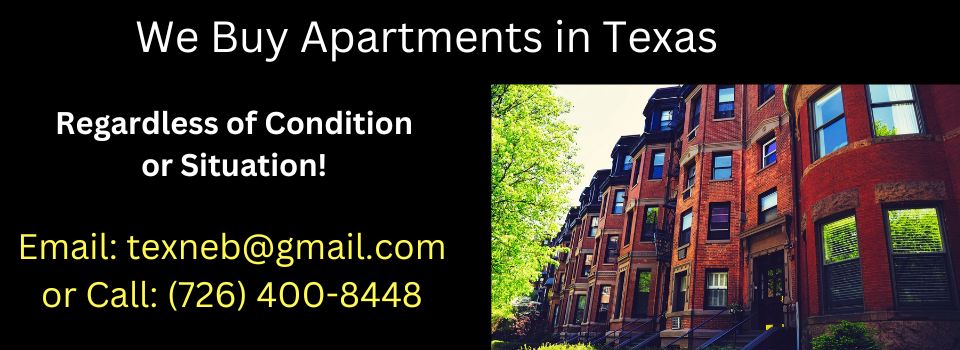The definition of a triple net lease is a lease under which the tenant is responsible for paying the taxes, insurance and maintenance, in addition to the lease payments on a property. Triple net leased properties are often defined as single tenant, stand-alone retail properties such as banks, restaurants (fast food and casual dining), drugstores or dollar/discount stores, however investors have the choice of a wide variety of triple net leased properties.
Characteristics of triple net lease properties
Asset Type – They can be retail, office or industrial
Tenant Credit Quality – They can be investment grade or below
Lease Term – This varies from five to twenty-five years
Value and Size of Property – They can be from $2,000,000 to $100,000,000 or more and from 2,000 square feet to 250,000 square feet or more, as well as a single tenant to multiple tenants.
Location of Property – They can be in small towns or in major metro areas
You can define triple net properties by the ones with the strongest fundamentals as the most likely to continuously pay you income and maintain their value through any economic downturn. Fundamentals refer to being located in a prime location with a solid credit tenant on a long term lease. Prime location not only means in a good physical location for the particular type of business, but also means being in an area that matches the demographics of the tenant.
Here’s a video from EPI Properties discussing NNN properties. Below this, I continue my discussion on NNN Properties. (Please note that I’m not endorsing the company represented in the video, but am referring to them for general information purposes only.)
Benefits of triple net lease properties
Consistent cash flow – Strong credit tenants on a long-term lease give net lease investors a predictable income stream for a long period of time.
Hedge Against Inflation – These properties typically have consistent rent escalations which offer a hedge against the inflation risk.
Passive Investment – In addition to the monthly rent payment, triple net lease tenants are responsible for all operational aspects of the property (including insurance, taxes and maintenance). This makes it attractive to investors that want ease of management.
Great for Estate Planning – The ease of management, potential step up in basis, and the consistent cash flow make NNN properties a very attractive option to investors that have estate planning considerations.
Exit strategies – These are usually easy to implement, as this is a product that is in demand in good times and in bad times. You can usually sell or get financing for this type of property in any economy.
Tax advantages – As long as the IRS will allow deductions for depreciation of assets, real estate will provide you with tax advantages that can offset income from the real estate investment as well as ordinary income protection. To fully understand this, you may want to seek out a tax advisor or accountant. Only real estate can provide you with these types of tax advantages.
Risks of triple net lease properties
Vacancy risk – If the property goes vacant, it becomes 100% vacant and it is typically a single use building, thus showing you the importance of the quality of the credit of the tenant and the length of the lease term.
Bankruptcy or Default – If the tenant becomes bankrupt or defaults on the lease, it can negatively affect the cash flow and the value of the property.
Real Estate Risk – Triple net properties are not immune to risks associated with all real estate, including the potential loss in value.
Triple net lease properties are not averse to risk; however, with the right amount of homework, close scrutiny of the particulars of the deal and making sure that they align with your goals, they can be very lucrative investments with very low risk.
As I say throughout my blogs, if I may be of assistance with your real estate questions please contact me, I truly want to help. My way of giving back is to give away my knowledge. Thank you for reviewing this blog.

